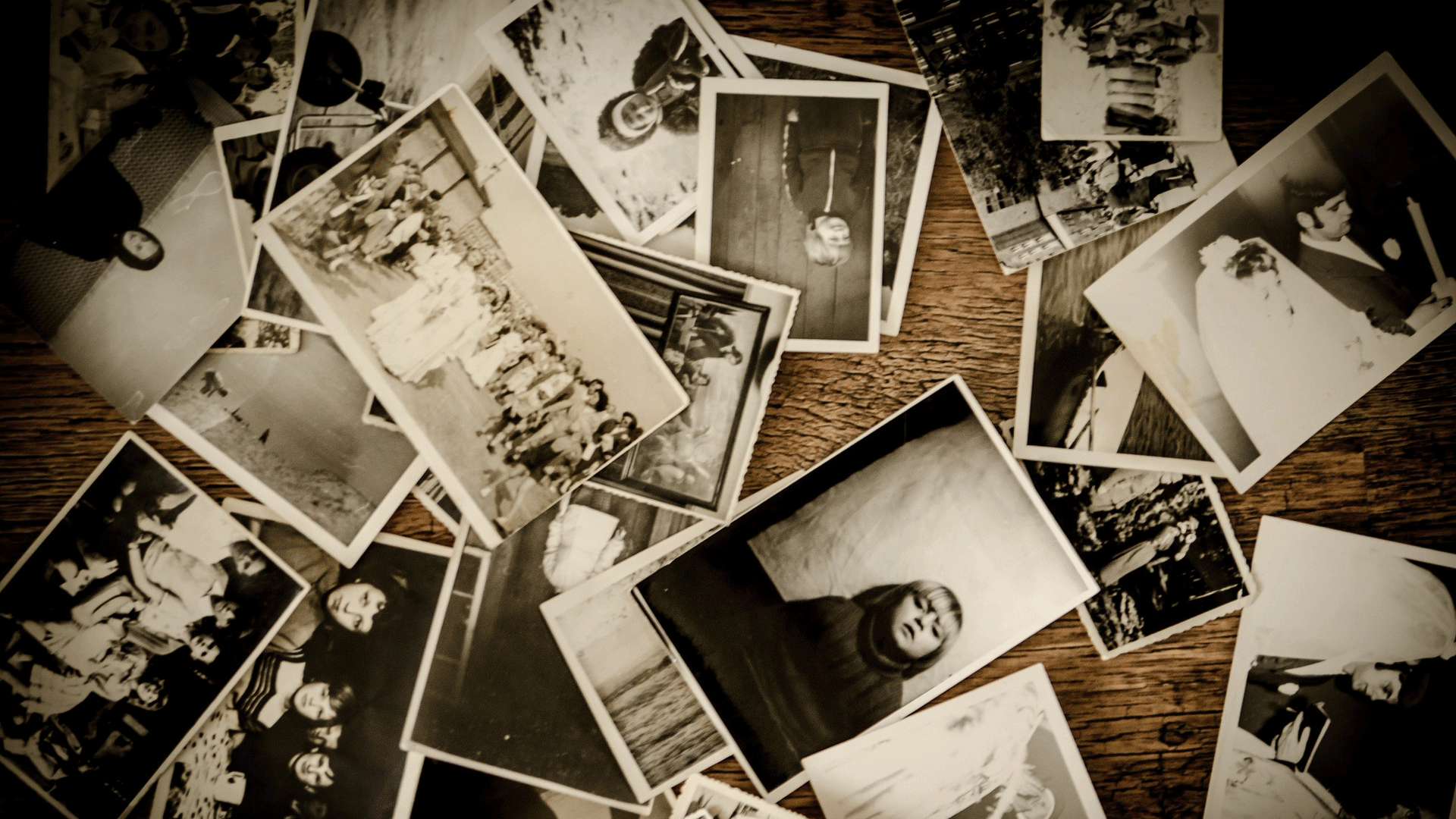And so, I thought, what if everybody everywhere forever had complete memory. In an age of untruths and alternative truths and the convenient mangling of truths to suit the specious arguments of demagogues and snakeoil suppliers, what if we’d all been only ever surrounded by truth, learned, passed down and then presented. These objective realities couldn’t be poisoned because if we were all Shereshevskys we’d know the facts that had poured into us.
I was very pleased with myself, for a moment. With all that retained knowledge, we’d finally really get to the bottom of things. We’d know what caused the Late Bronze Age collapse, we’d have what Socrates really thought, rather than second-hand passages coming through Plato. We’d know EXACTLY how the Great Pyramids were built, what Stonehenge was for, why the Vikings went a bit agrarian rather than raging, what the first man who invented the wheel REALLY thought.
We’d have all the learned knowledge to look at and prevent atrocities rising again because the previous atrocities would still be hardwired and accessible memories.
It’s a way to see if we really could learn from history.
But it’s ludicrous, of course. That mass of information on its own won’t help. Not just because sometimes the information passed down is wrong. Knowledge is not immutable. It is there to be challenged and built upon. Otherwise we’d still believe humans were governed by Galen’s four humours, and not look at the circulation of blood or how diseases rise and become treatable. Galileo would never have finally fought through. Insert your favourite piece of human progress here.
And independently, for each of us, that retention of information would be crippling. That first broken heart would remain forever raw, that feeling of darkness at losing a loved one, or a beloved pet, would forever gnaw. Time would have no impact except to increase its weight.
The talent eventually did for Shereshevsky. It was too much. He began to drink heavily to deaden the ability and sank away to his death.
It is not the memory of everything that will lift and sustain us, but what we do with the knowledge that matters. At the very core, only empathy and decency and an attempt to find a shared place buoys us.
In the aftermath of the horror of the killings and maiming of the children in Southport, the abiding representation of how we can carry on is not the booze-fuelled vengeful yobs, burning and rampaging and threatening, safe in their hate mob. It is the moving images that came the next morning when local people assembled and swept and cleaned and then, literally, rebuilt what had been destroyed.
The memories were with them and they chose not to let that weight crush. This is how we live.
Paul McNamee is editor of the Big Issue. Read more of his columns here. Follow him on Twitter.
Do you have a story to tell or opinions to share about this? Get in touch and tell us more. Big Issue exists to give homeless and marginalised people the opportunity to earn an income. To support our work buy a copy of the magazine or get the app from the App Store or Google Play.






